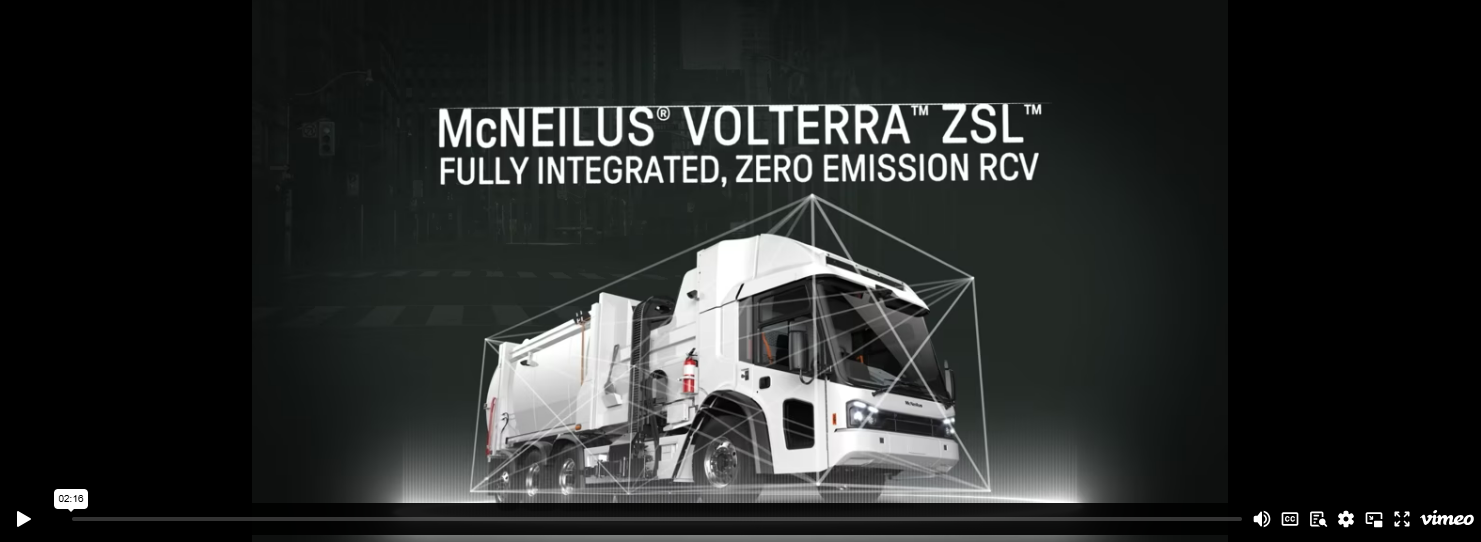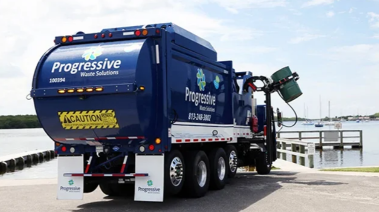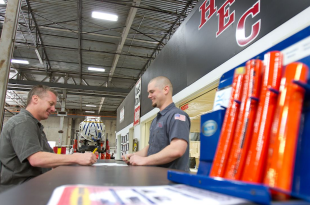Refuse collection is a daily necessity, yet its environmental cost is significant. Refuse collection vehicles (RCVs) are among the least fuel-efficient vehicles due to their heavy loads and constant stop-and-go operation. They also travel many miles each day, leading to high emissions. This creates a paradox where managing waste generates substantial waste itself, particularly in the form of greenhouse gases. The industry faces growing pressure to address this issue as environmental awareness increases. Relying on outdated fuel-dependent fleets contributes to pollution and accelerates climate change. However, adapting to cleaner technologies can change how waste management impacts the planet. Innovations like the McNelius Volterra Electric Truck offered by Haaker Refuse across Los Angeles, San Diego, Central Valley, and Phoenix, provide a practical path forward. These trucks operate with zero emissions and help solve the fuel economy and environmental problems tied to traditional RCVs. By reducing pollution without sacrificing efficiency, they align with growing demands for sustainable waste management practices while addressing the harm caused by outdated systems.
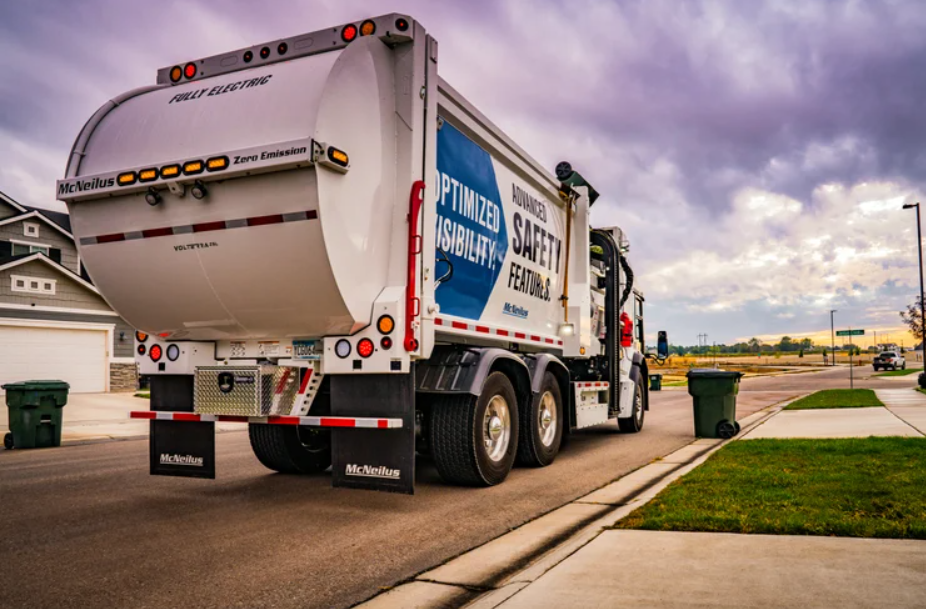
The Waste of Waste Management
Waste management operations produce significant environmental impacts. On average, a single reuse collection vehicle consumes about 10,000 gallons of fuel annually. Data from the EPA shows that this amount of diesel results in 101.8 metric tons of CO2 emissions. Because of this, refuse vehicles are excellent candidates for emission reduction strategies. A collection vehicle’s fuel use depends on factors like total mileage, payload, terrain, and the number of stops. Routes vary widely, so it’s important to analyze and optimize vehicles for their specific routes. When transitioning to electric fleets, data-driven decisions are essential. Waste management companies also face increasingly complex regulations regarding waste disposal, recycling, and environmental protection. Staying compliant requires consistent monitoring and adjustments, which can be challenging if not built into daily operations. Overlooking these requirements can lead to costly penalties. In addition to regulatory challenges, rising operational costs are another concern. Fuel prices, labor expenses, and vehicle maintenance are the primary drivers of these costs. Managing these factors effectively is key to maintaining efficient and sustainable waste management practices.
Waste Management Trends
Inefficient waste collection systems can lead to poor waste removal and increased accumulation in communities. Common problems include poorly planned schedules, insufficient bin placement, and limited collection coverage. Modern waste collection solutions can significantly improve management processes. By adopting technologies like asset tracking, companies can create better collection routes and ensure timely pickups. Waste management firms should consider investing in specialized software to streamline operations and minimize waste buildup.
Electrifying refuse collection vehicles presents challenges, and no universal solution fits every need. As battery technology advances, electric vehicles will grow in capability and become more common in the industry. However, other proven alternatives are available today that help reduce fossil fuel use and emissions. Using data-driven strategies and working with manufacturers experienced in electrification can help waste haulers choose the best options for their operations.
Electric Garbage Trucks – Haaker Refuse McNelius Volterra
Sustainable waste management methods are becoming more popular across the globe. The circular economy focuses on reducing waste and using resources effectively. By encouraging recycling and material reuse, this approach helps conserve natural resources and lowers environmental harm. Sustainable waste practices also offer benefits like cutting greenhouse gas emissions, creating jobs, and boosting the recycling industry’s growth.
North America’s first all-electric, fully integrated refuse collection vehicle, the Volterra ZSL, sets new standards for innovation and efficiency. Designed with sustainability in mind, it reduces operating costs while enhancing the experience for drivers, technicians, and owners. Certified as zero-emission by the EPA and CARB, the Volterra ZSL prioritizes environmental responsibility. The vehicle’s spacious cab offers 38% more room compared to the industry average. Its low 15-inch step, clear visibility, active safety features, and streamlined controls make it a comfortable and effective workspace for drivers. Equipped with the reliable McNeilus Zero Radius™ vertical lift arm and a tight turning radius, it ensures high performance and maneuverability. Shared components and thoughtfully arranged modules improve serviceability and efficiency. This purpose-built vehicle supports sustainability goals with its electric drivetrain, e-axle design, advanced battery system, and regenerative braking. The Volterra ZSL can complete an entire route on a single charge with zero emissions, making it an ideal choice for eco-conscious operations.
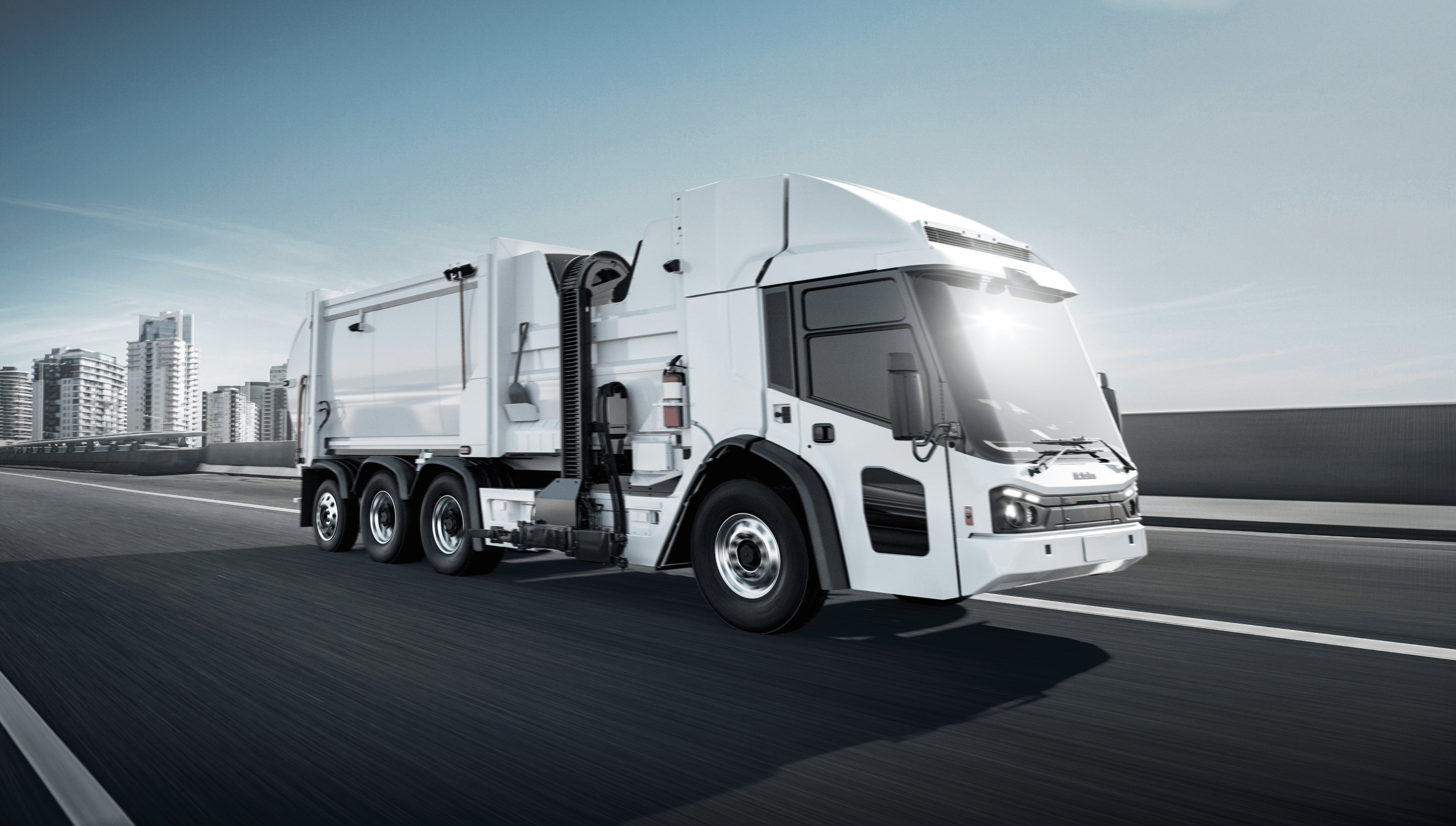
Poor waste management results in severe environmental and public health issues. When trash isn’t handled right, it clogs waterways, pollutes air, and harms wildlife. Overflowing landfills release methane, a dangerous greenhouse gas. Improper disposal can also lead to soil contamination, poisoning crops and groundwater. With rapid urban growth, waste management systems must adapt to handle increasing amounts of trash more effectively. Innovative solutions like Haaker Refuse McNeilus Volterra trucks are paving the way for better strategies. These electric-powered vehicles help reduce emissions while offering efficient waste collection, aligning with global sustainability goals. They combine functionality with eco-consciousness, making them a valuable tool for cities aiming to modernize operations. Don’t ignore these advancements—choosing the right waste management partner matters. With Haaker Refuse, you’re one step closer to a cleaner tomorrow. If you’re ready, just message us or call us at (909) 598-2706 today.

